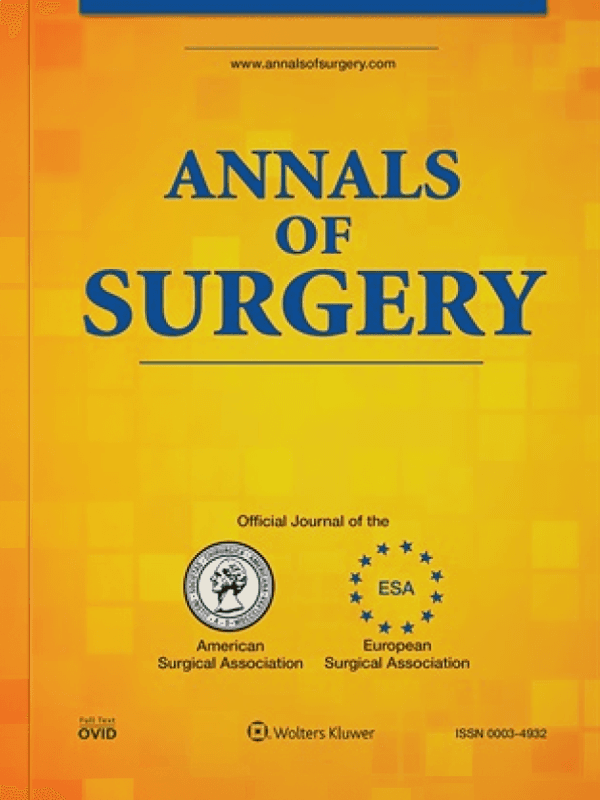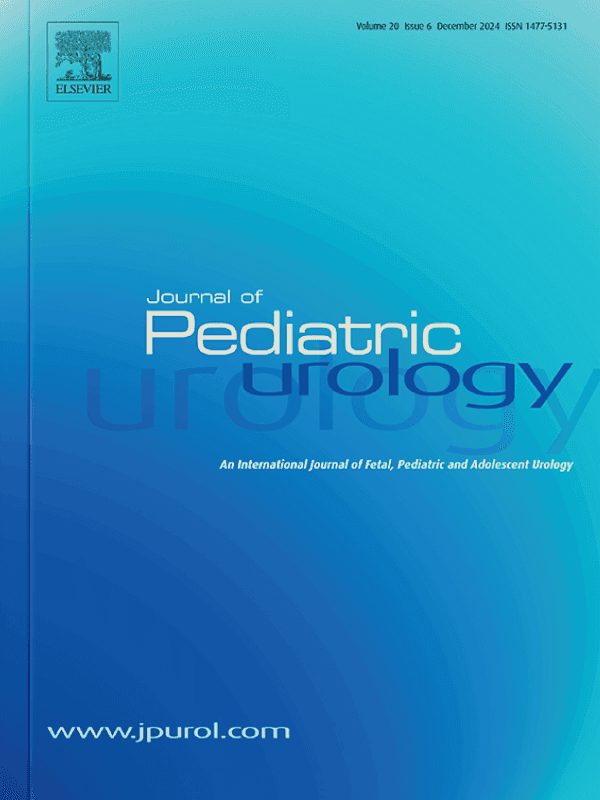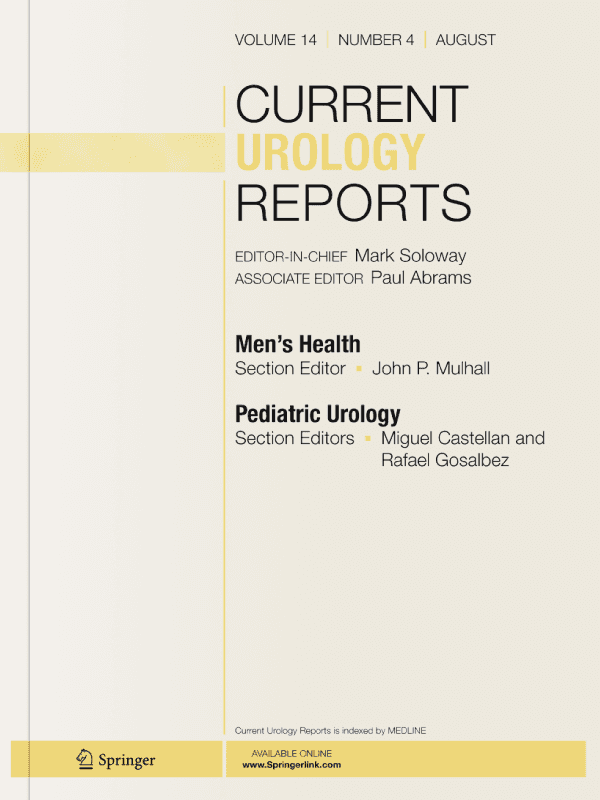SIMULATION TRAINING
Impact of a simulation curriculum training on technical & nontechnical skills in colonoscopy
Published on
May 23, 2015
Gastrointestinal Endoscopy
Samir C Grover, Ankit Garg, Michael A Scaffidi, Jeffrey J Yu, Ian S Plener, Elaine Yong, Maria Cino, Teodor P Grantcharov, Catharine M Walsh
Overview
There was no significant difference in baseline or post-training performance on the simulator task. The SCC group performed superiorly during their first and second clinical colonoscopies. Additionally, the SCC group demonstrated significantly better knowledge and colonoscopy-specific performance, communication, and global performance during the integrated scenario.
Results
This study aimed to validate a structured comprehensive curriculum (SCC) for training novice endoscopists in colonoscopy, comparing it to self-regulated learning (SRL). Conducted as a single-blinded, randomized controlled trial, thirty-three participants were divided into SCC and SRL groups. The SCC group received 6 hours of lectures and 8 hours of simulation training with expert feedback, while the SRL group practiced independently for the same duration. Outcomes were assessed through clinical performance during patient colonoscopies and various measures of procedural knowledge.
The results indicated that the SCC group outperformed the SRL group in clinical colonoscopy performance, demonstrating superior technical, cognitive, and communication skills. Although there were no significant differences in simulator task performance, the SCC group excelled in real-world applications and integrated assessments. These findings suggest that a structured curriculum with instructional feedback enhances competency in endoscopy training more effectively than self-regulated practice alone. However, limitations include challenges in measuring SRL effort and a lack of diverse simulation scenarios.
Peer-reviewed Research




